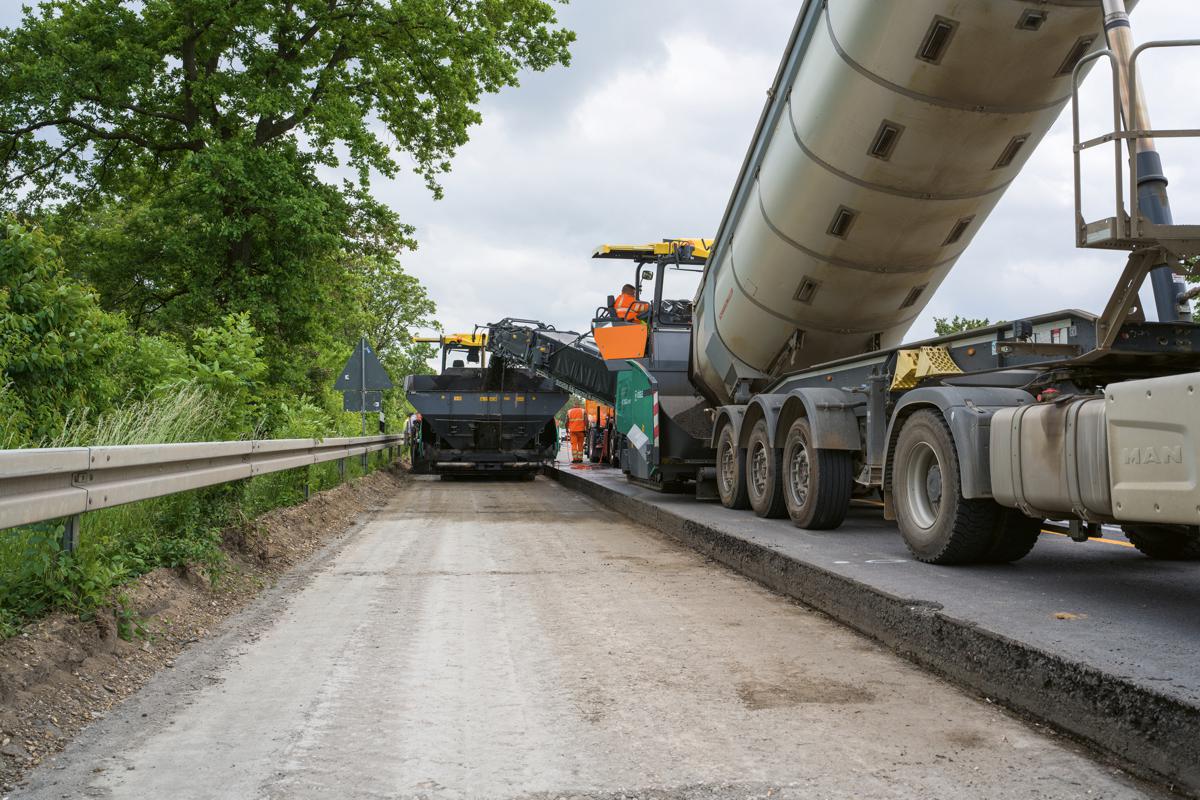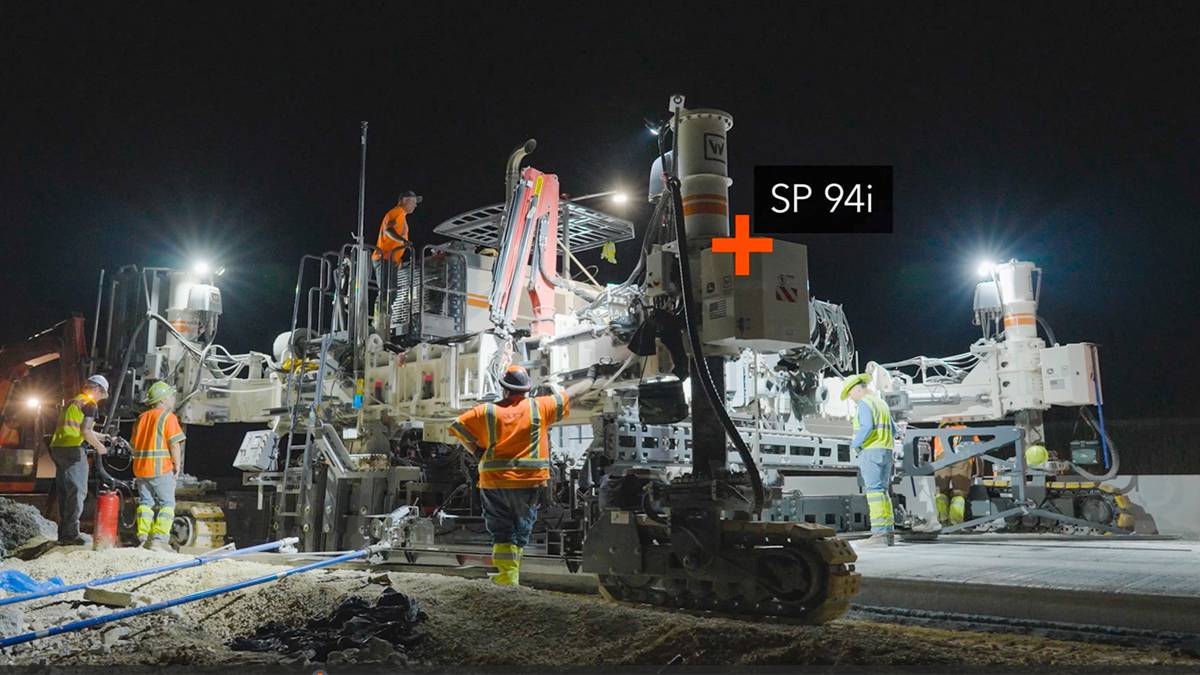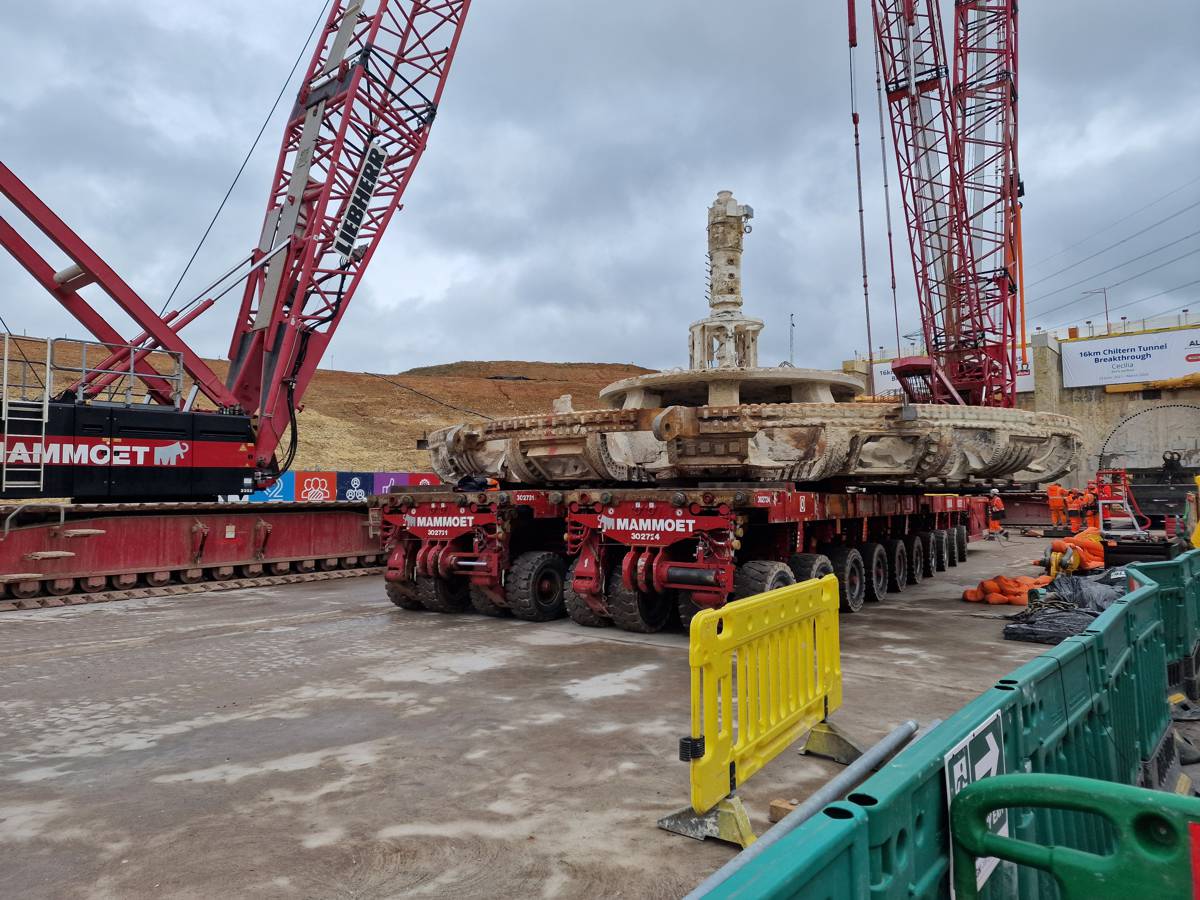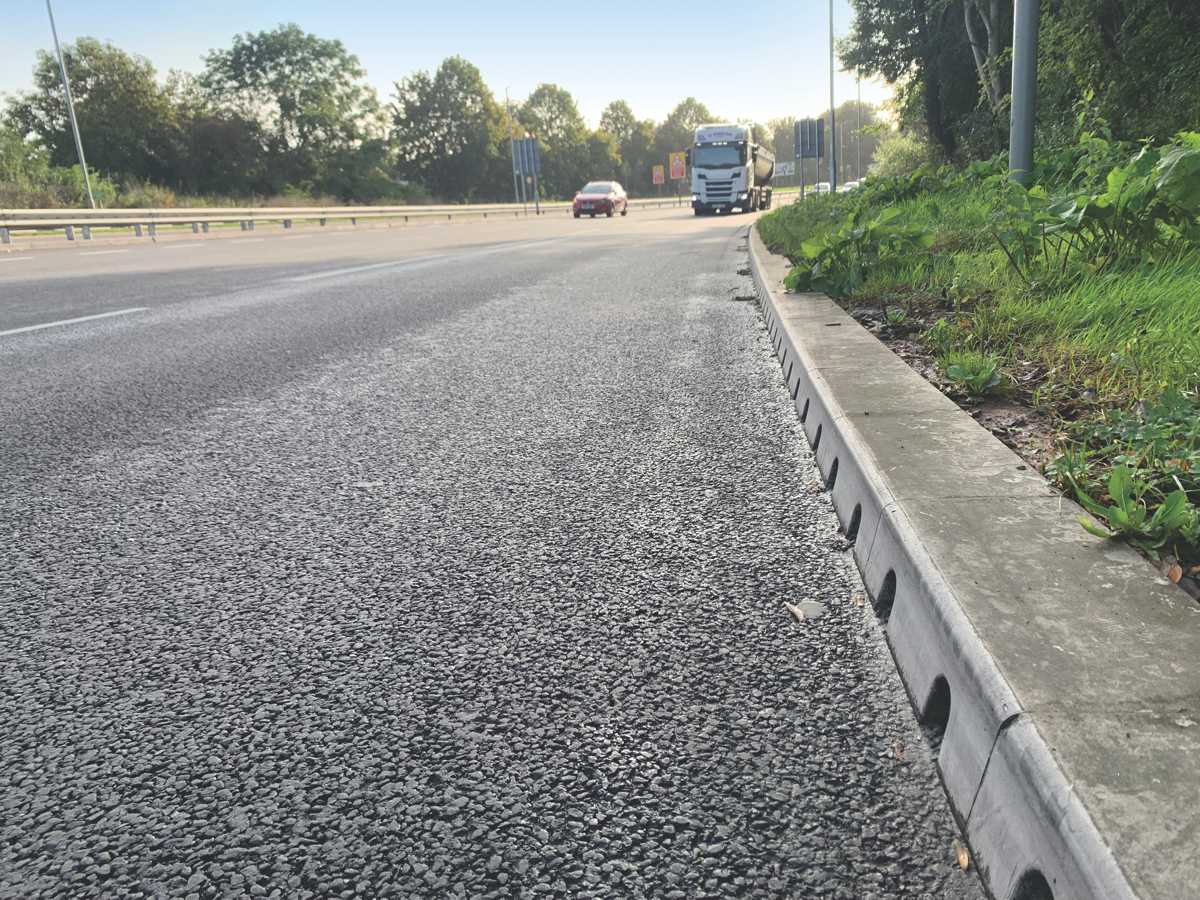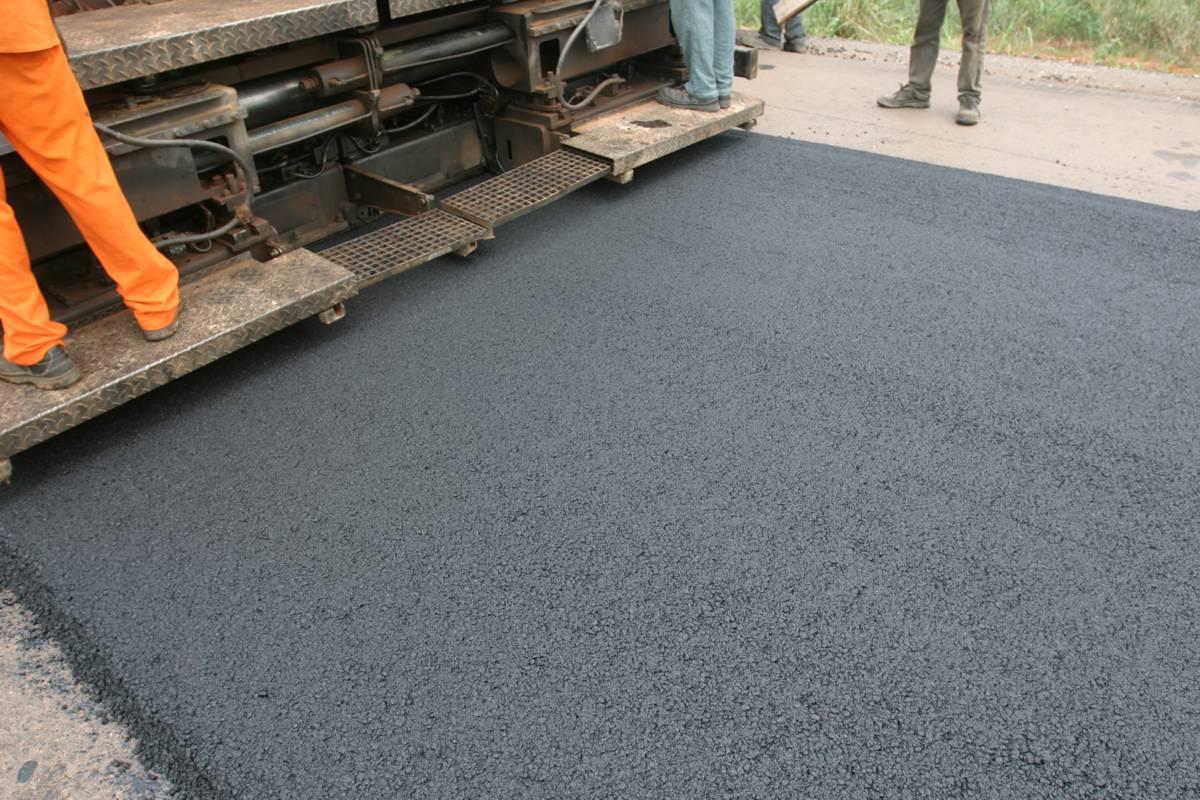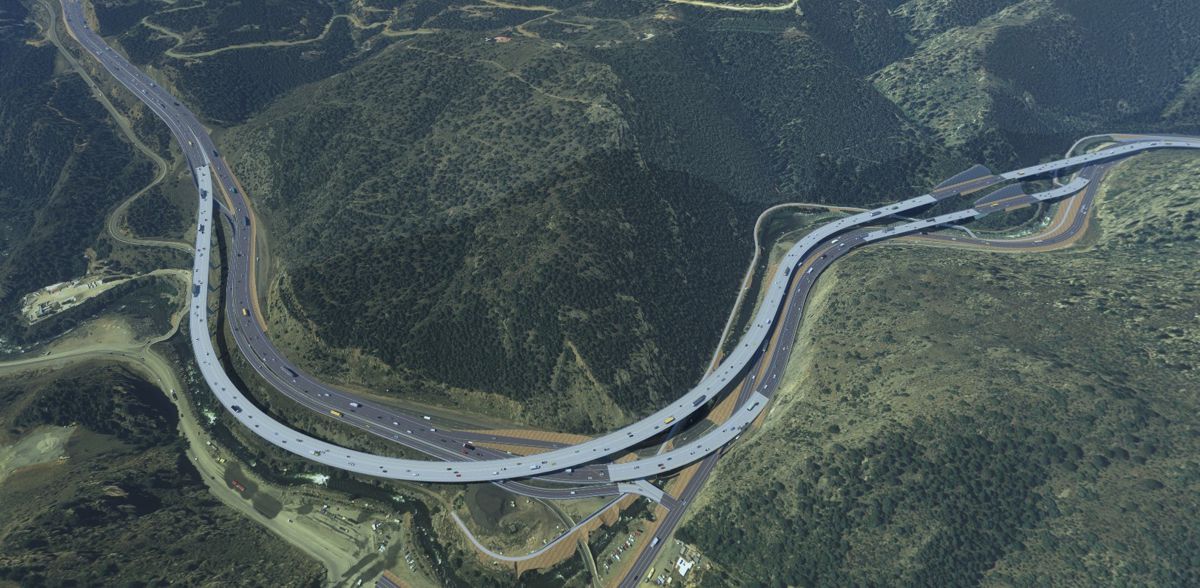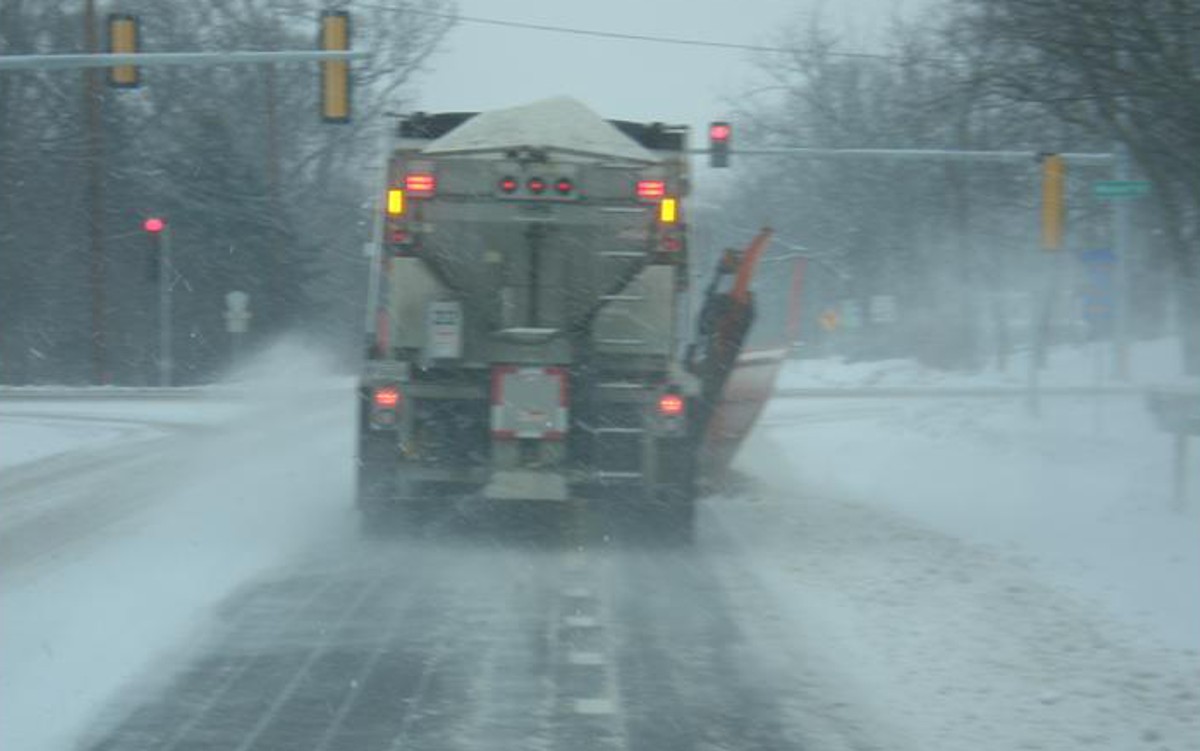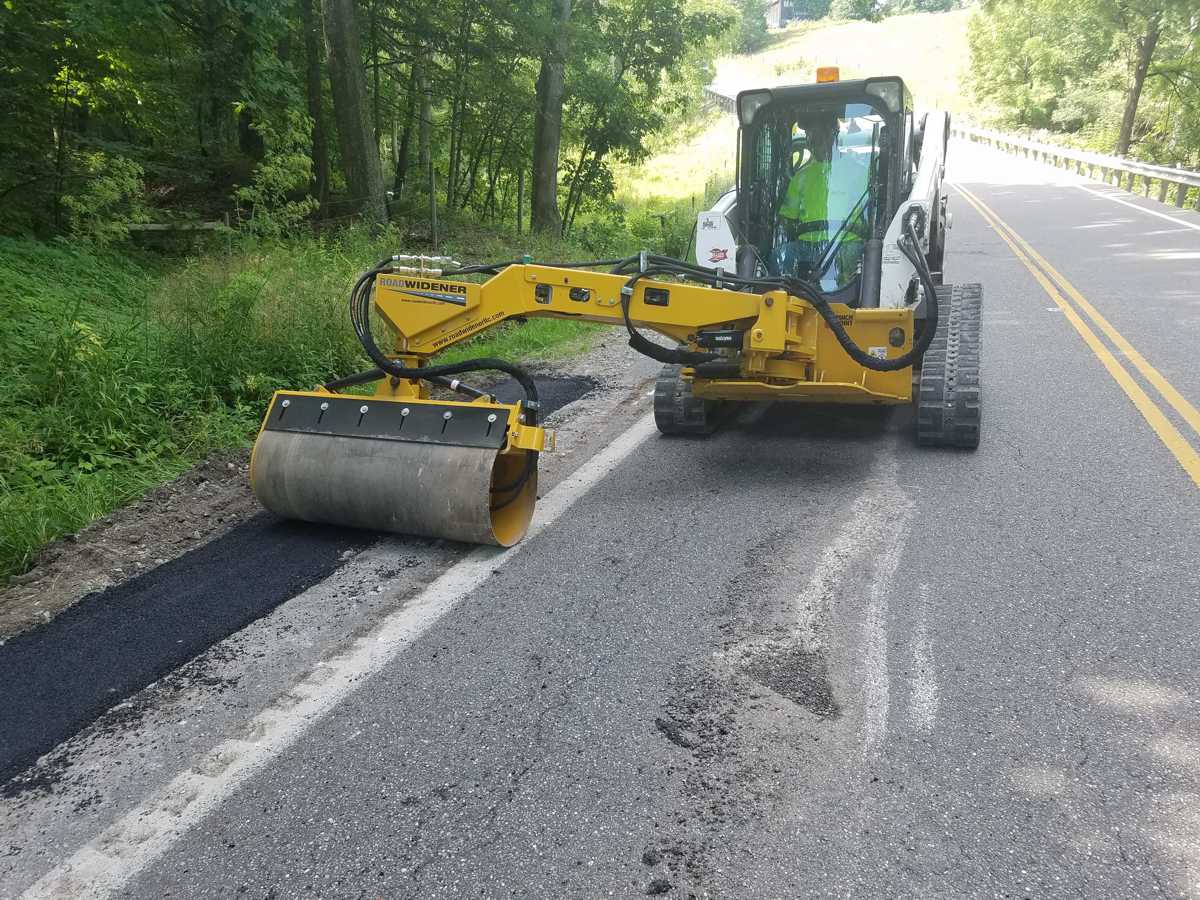Considerations for Geotechnical Site Investigations
Undertaking a geotechnical site investigation is no small feat. It requires extensive planning, and there are several key considerations to make before you even get on site.
It isn’t simply a case of getting there, drilling a hole and going on your way again, as many people seem to think. Whether it be the environmental or financial; time constraints or restricted access; there’s a lot of groundwork to be done before you get onto the site itself.
John Rodgman, Managing Director of one of the UK’s leading geotechnical drilling firms, Borehole Solutions, has provided a comprehensive rundown of things that need to be thought about when approaching a potential road drilling job.
These are by no means the only considerations, but they are the major ones, and they should be the absolute minimum that any company should think about before undertaking any drilling work.
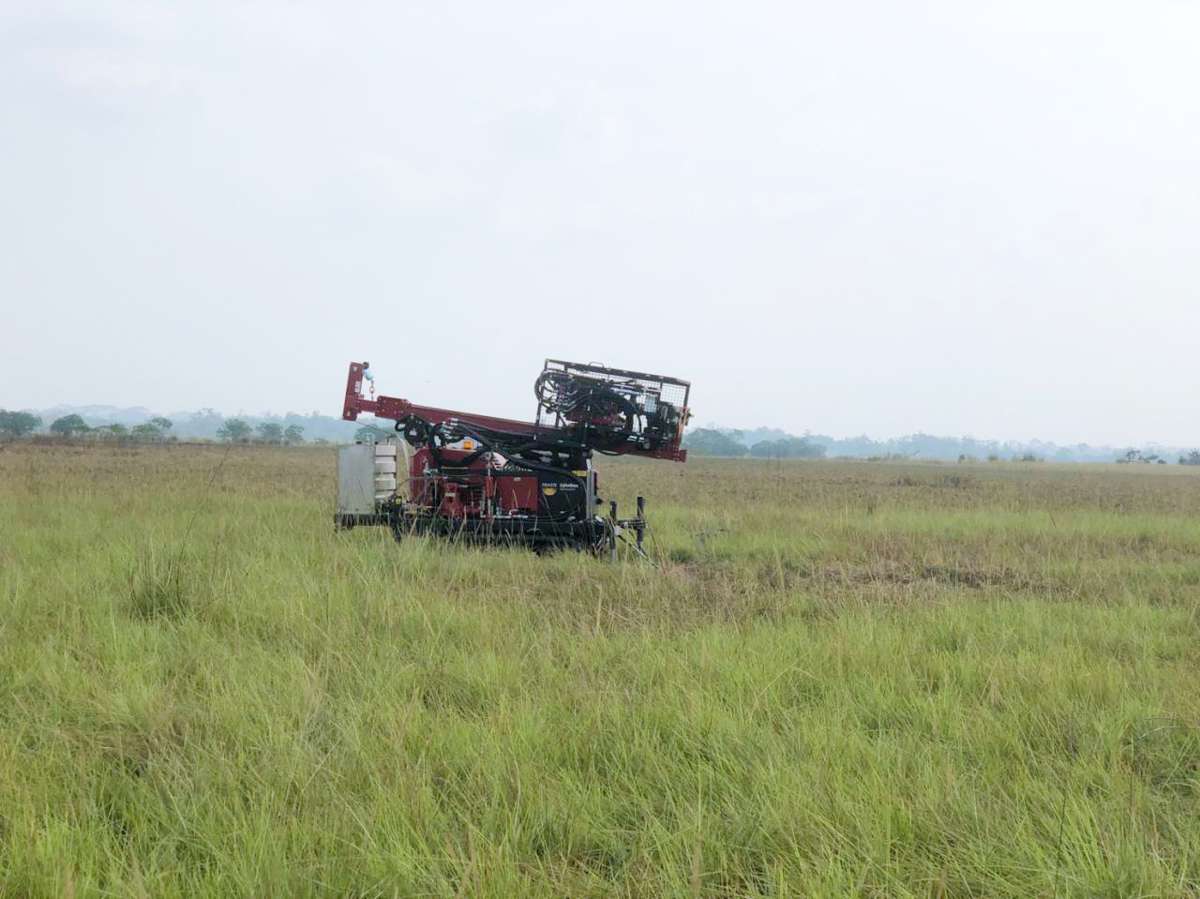
Laying The Foundations
Before touching any equipment, a geotechnical drilling company needs to do its due diligence. This means carrying out research into the proposed site, which involves researching the geology of the area and ascertaining what formation will be bored into. This is vital as certain rigs are better suited to certain formations. Sonic drilling, for example, works best in unconsolidated formations whilst cable percussion drilling is suited to both consolidated and unconsolidated formations. This research also helps give an idea of any potential problems including, but not limited to: subsidence, landslides, flooding and potential chemical leakages, such as radon.
Prior to the main drilling process itself, most investigative drilling companies will carry out on-site testing to confirm that the strategy they have lined up will work in practice. This can be something as simple as SPT (Standard Penetration Testing) or a Vane Shear test. These preliminary stages help to build a profile for the site, ensuring that preparation is as thorough as possible before the drilling commences.
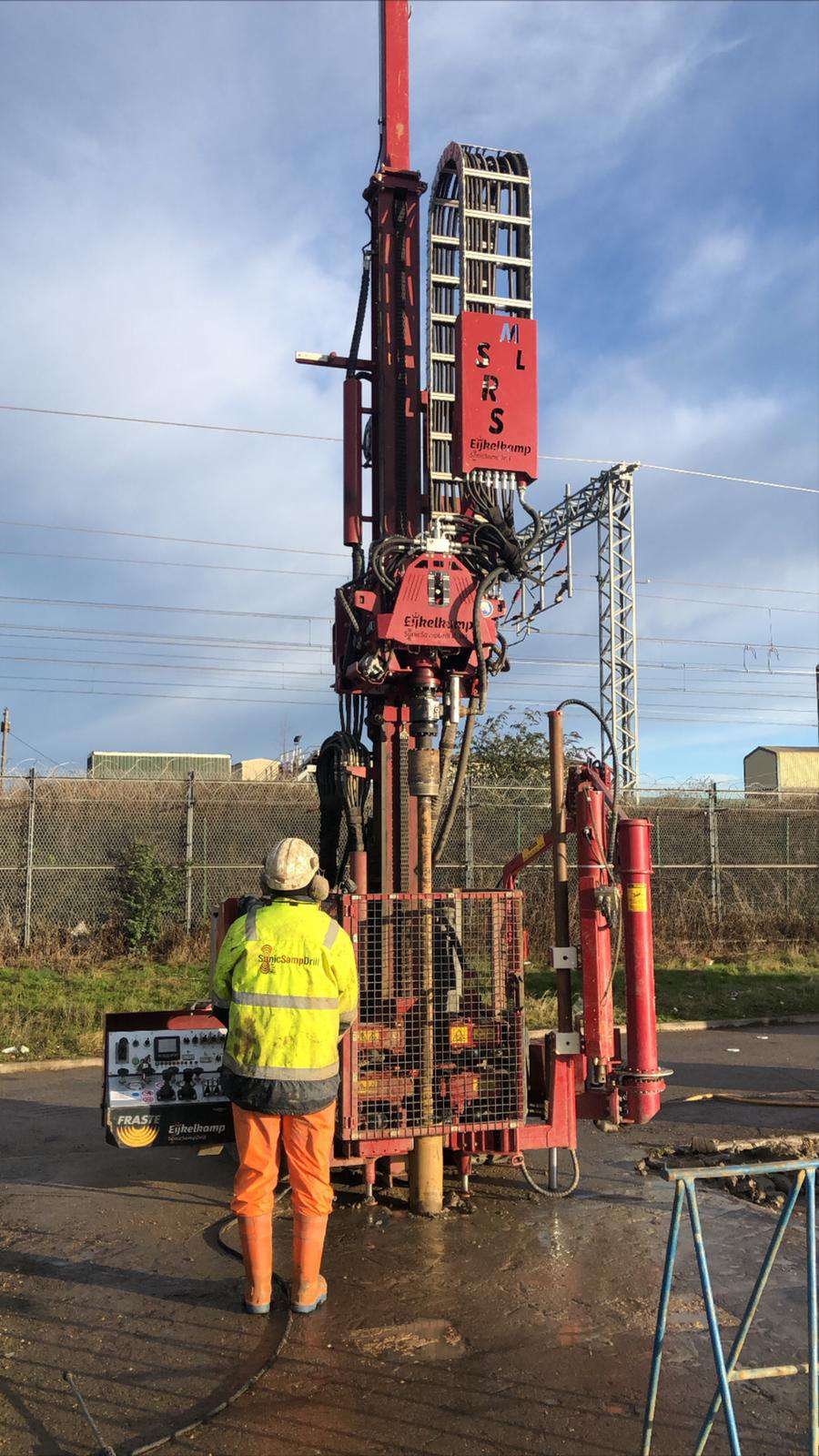
Risk Assessment and Health And Safety
Whilst many view health and safety as a largely unnecessary box-ticking exercise to get regulatory bodies off their back, this couldn’t be further from the truth. Health and safety measures, such as detailed risk assessments, are put in place and carried out with very good reason: drilling is a dangerous industry. In previous years, a haphazard and slack approach to health and safety has seen countless cases of personal injury; incidents which could and should have been easily avoided. Health and safety measures massively mitigate risk and ensure the safety of all those people working on site.
Enquiring about a geotechnical drilling company’s health and safety certifications is often a good way to distinguish between those contractors who are trustworthy, and those who may be more likely to skimp on procedure. If they don’t take their health and safety seriously, it’s unlikely they will take their drilling work as seriously either. The personable, family tone of many contracting companies is something that makes them such attractive businesses to work with. However, this should never be mistaken for complacency, negligence or lack of professionalism in their approach to work.
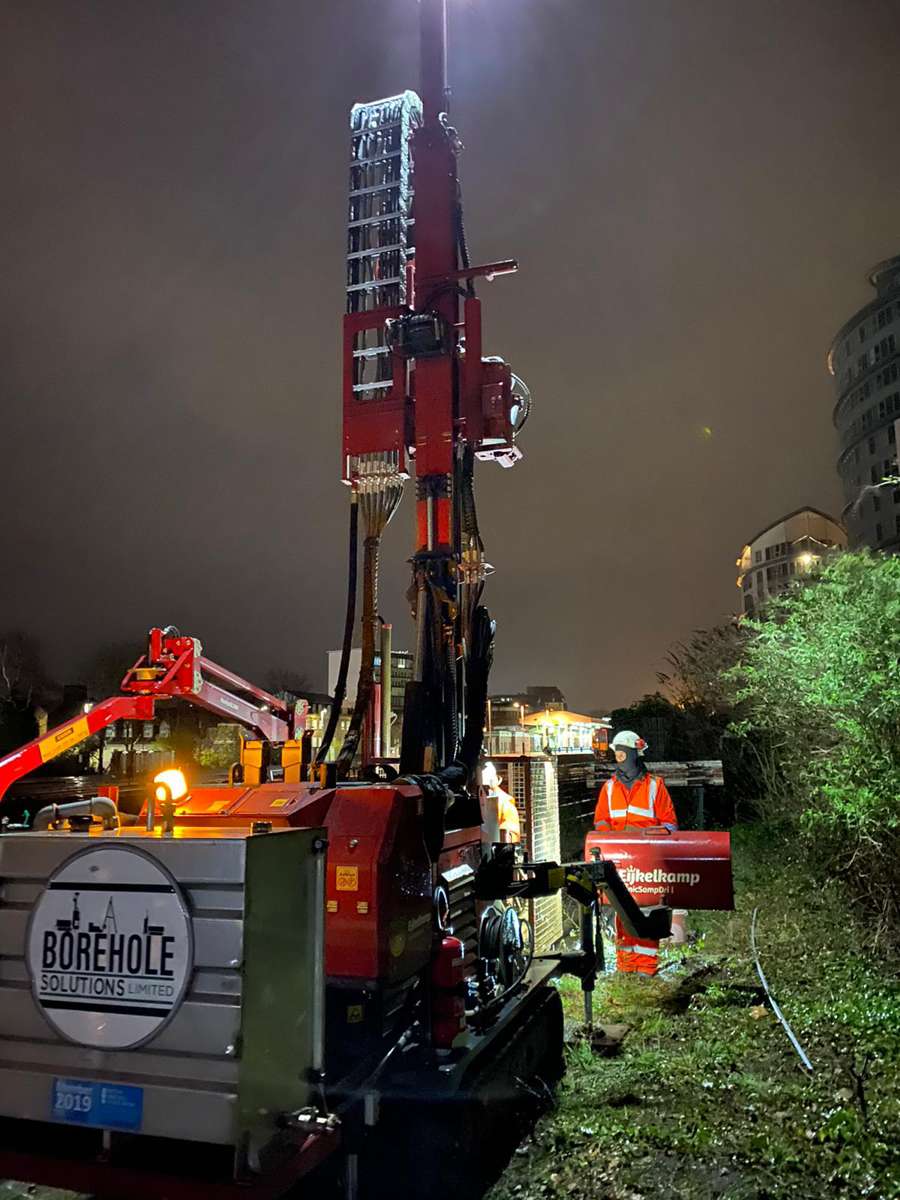
Space and Access
In today’s world, the urbanised nature of much of the UK means that geotechnical site investigations are no longer constrained to the muddy fields of the countryside. Increasingly, property development companies and big corporate players are looking to have investigative work undertaken in the hearts of towns and cities across the nation. Drilling in urban environments presents its own challenges, however. The major one being the issue of restricted space.
When operating in tighter confines or amongst the flow of traffic, you may not have the option of using conventional drilling rigs; the sort of rigs that would normally be used in a large, expansive space. Extra considerations need to be taken when using these restricted access drilling rigs. These considerations include avoiding pipelines and wirings, and reducing the impact on the surrounding area where possible (in terms of noise pollution, for example).
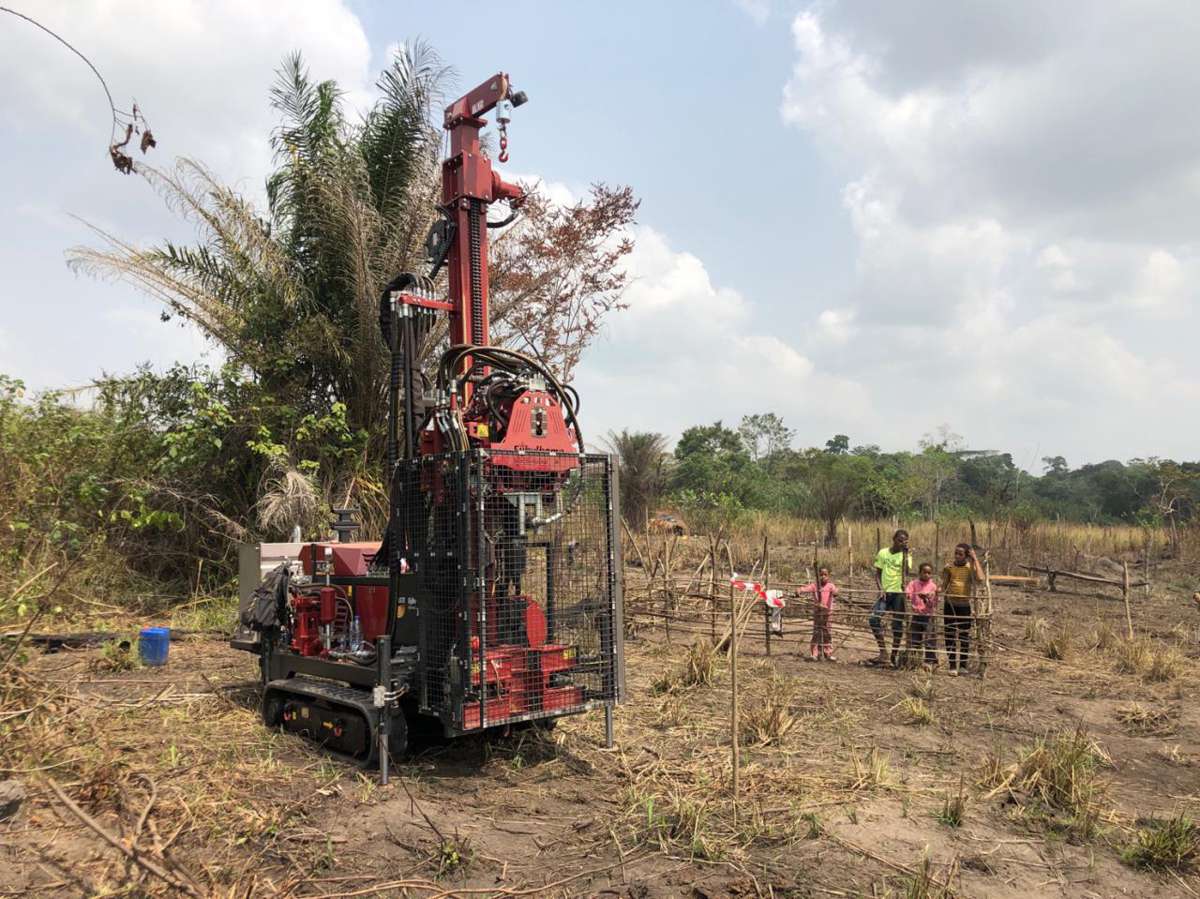
Time
The less time a job takes, the more money is saved. These savings apply to both the drilling company and the client who has requested the work being done. Reduced time on site also leads to reduced energy expenditure and a diminished impact on the local environment. That being said, site investigations should never be rushed. A hurried job will inevitably be a poor job. A poor job usually leads to more work on the site further down the line. Accidents and personal injuries tend to occur when cutting corners, so, for everyone involved, taking the requisite time to finish the job properly is crucial.
A great deal of work and planning goes into any and every geotechnical site investigation. Expertise paired with graft; research with skill. These are traits required from every geotechnical drilling firm in order for the jobs to not only be done, but done well.


















